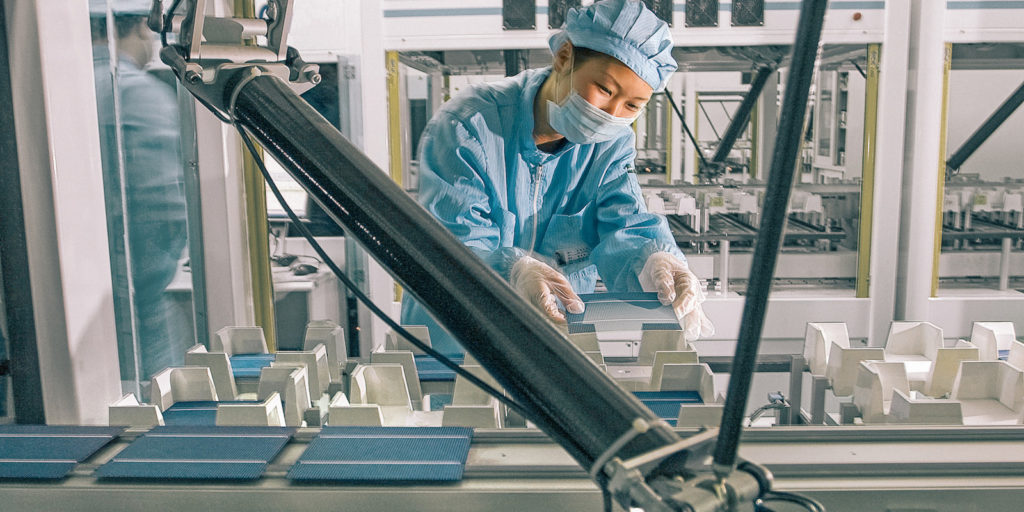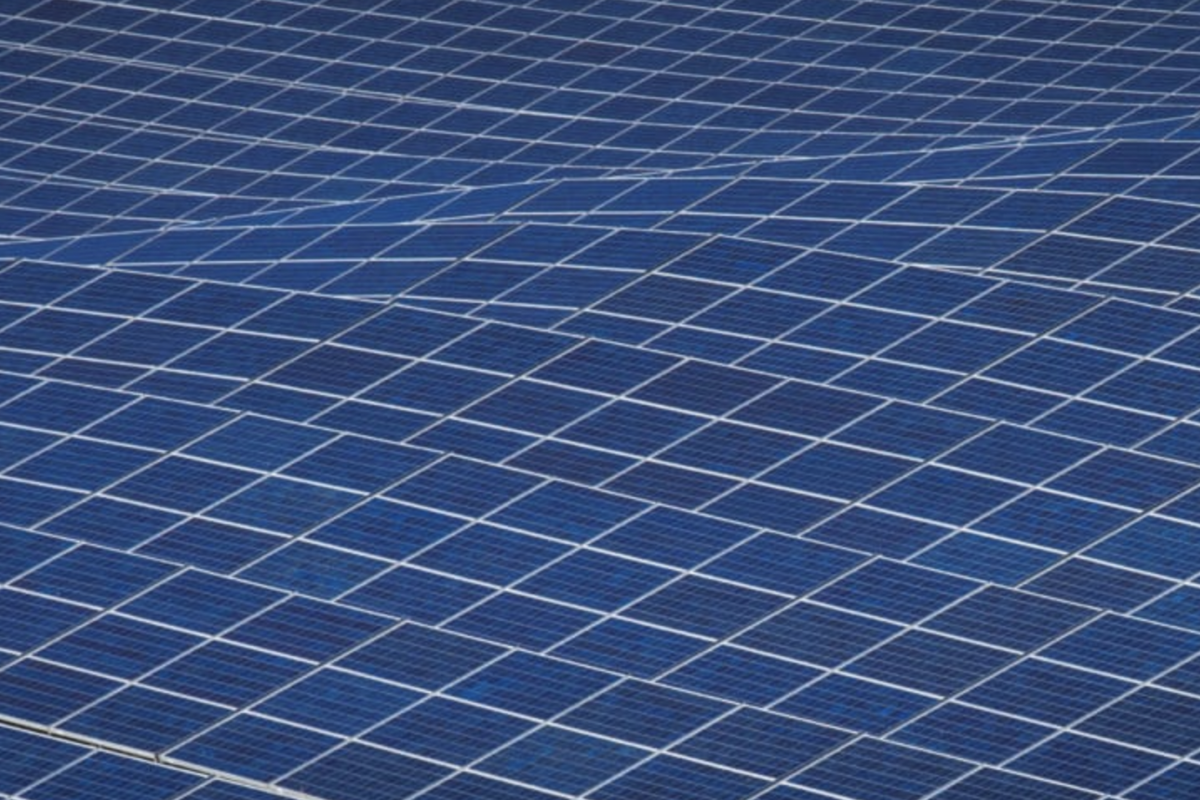The request was filed by the unnamed polysilicon supplier last Thursday, April 26, with the London Court of International Arbitration (LCIA), on the same day the Chinese solar PV manufacturer unveiled its less than favorable 2017 financial results.
“After receiving the notice of termination, the Company has been actively communicating with the Supplier to find an amicable solution but no mutual agreement has been reached yet. The Company plans to vigorously defend its rights in the arbitration proceeding while continuing to seek a mutually beneficial solution with the Supplier,” said Yingli.
In its financial results, Yingli mentioned that one of its subsidiaries had received a notice of termination on December 15, 2017, from the supplier to cancel the long-term polysilicon supply contract “with immediate effect and claiming US$897.5 million of payments due and payable by the Company under the supply contract.”
It added that on November 13, it entered into an agreement with the supplier, under which the supplier “agreed not to initiate any suit, claim, arbitration or other proceeding against the Company in connection with the contract before March 31, 2018.” Yingli said it would continue to seek an amicable solution.
In addition to a net loss of $510 million and total liabilities of $3.2 billion in 2017, Yingli reported operating expenses of RMB 3,247.6 million ($499.2 million), up from RMB 2,836.7 million in 2016. The manufacturer partially attributed the increase to an impairment provision against total prepayments to the polysilicon supplier of RMB 225.4 million.
“Since the negotiation with this supplier is on-going and no mutual agreement has been reached, the Company has made no adjustment to the reserve for the inventory purchase commitments made in prior years,” it said.
Two other creditors have filed lawsuits against Tianwei Yingli and Yingli China, totaling around RMB 181 million (US$28.6 million).
Despite all this, Yingli said in its financial results that it “expects to continue to maintain the normal operation of its existing major subsidiaries, including their manufacturing, sales, procurement and other operational activities and matters.” It has not released guidance for 2018, however, other than to say it expects to ship between 400 and 420 MW of solar PV modules in Q1.
According to Bloomberg New Energy Finance, Yingli had an Altman-Z score – a measure of a manufacturing company’s financial stability – of -2.44 as of Q2 or Q3 2017. “A score of below 1.8 is considered to represent a risk of bankruptcy in the next two years,” it noted.
This content is protected by copyright and may not be reused. If you want to cooperate with us and would like to reuse some of our content, please contact: editors@pv-magazine.com.




1 comment
By submitting this form you agree to pv magazine using your data for the purposes of publishing your comment.
Your personal data will only be disclosed or otherwise transmitted to third parties for the purposes of spam filtering or if this is necessary for technical maintenance of the website. Any other transfer to third parties will not take place unless this is justified on the basis of applicable data protection regulations or if pv magazine is legally obliged to do so.
You may revoke this consent at any time with effect for the future, in which case your personal data will be deleted immediately. Otherwise, your data will be deleted if pv magazine has processed your request or the purpose of data storage is fulfilled.
Further information on data privacy can be found in our Data Protection Policy.